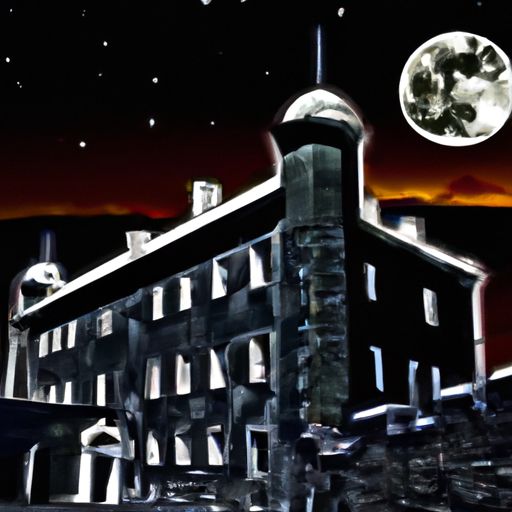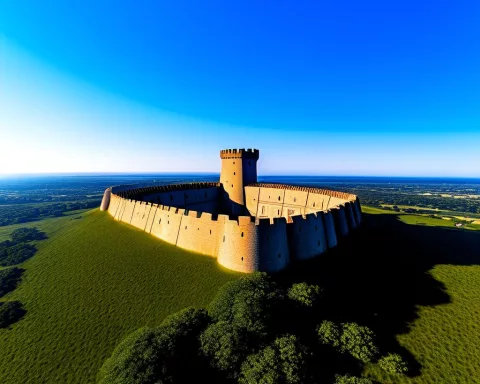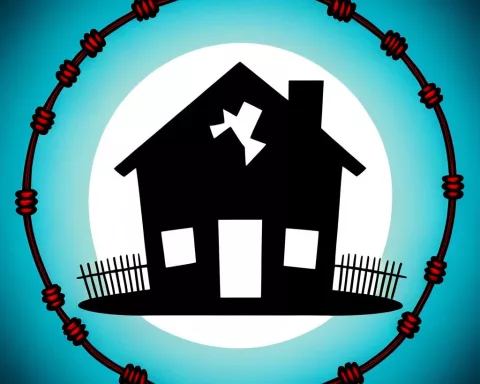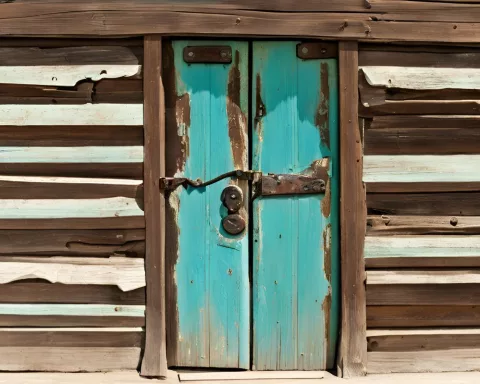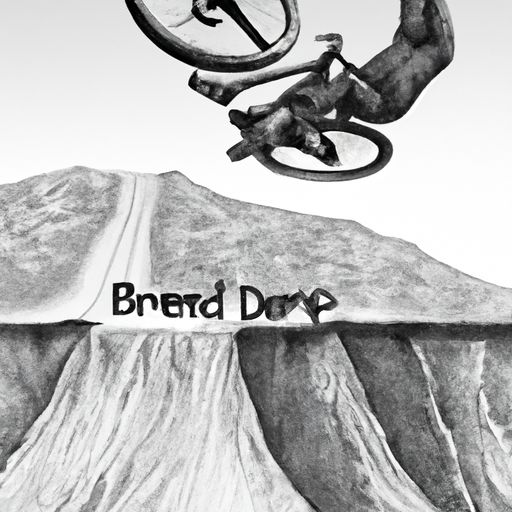The Castle of Good Hope is a historical fortification in Cape Town, South Africa. Built in the 17th century, the Castle witnessed many untold evils, especially against the enslaved people. The Castle was once a place of atrocities, torture, and injustice, where enslaved people were treated inhumanely. However, today, the Castle of Good Hope symbolizes hope and reconciliation, reminding us of the importance of acknowledging the dark history of slavery and colonialism.
The Night of Power: A Reversal of Roles
Recently, the Castle was occupied by descendants of enslaved people who used the lawns to break their fast during the holy month of Ramadan—the evening coincided with the most significant night of the month – the Laylaa-Tul-Qadr or the Night of Power. The event was important as it aimed to comfort the lost souls who had died such violent deaths in the many dungeons and torture rooms in the Castle.
The descendants of enslaved people who would have been sentenced to death for performing acts of worship were now occupying the grounds. The event was a momentous occasion, marking a reversal of roles – where the descendants of enslaved people were now taking back their power at the Castle. The evening they have created a new history in motion, reminding us of the atrocities committed against the slaves and the importance of acknowledging their past.
The Cape Muslim and Slave Heritage Museum: A Treasure Trove of Artifacts
The Castle of Good Hope is not just a historical site; it is also home to several museums dedicated to preserving the country’s history. One such museum is the Cape Muslim and Slave Heritage Museum. Igshaan Higgins, an attorney, is also an expert curator of the museum and writes beautiful poems to convey the tale of early Cape Muslims and enslaved people from all over the world who were brought to the Cape by Dutch invaders. In addition, the museum is a treasure mine of relics he has collected over many years.
The museum contains stories and artifacts of early Cape Muslims and enslaved people, including their struggles, culture, and way of life. In addition, one can find invaluable pieces of history, such as traditional clothing, musical instruments, and household items. The museum stands out thanks to its unique collection and ability to encapsulate the essence of the struggles that the early Cape Muslims and enslaved people encountered.
In conclusion, the Castle of Good Hope, including the Cape Muslim and Slave Heritage Museum, serves as a reminder of the dark history of slavery and colonialism. The recent event at the Castle, where descendants of enslaved people occupied the grounds during the holy month of Ramadan, symbolizes hope and reconciliation. The Castle should be visited as it encapsulates the essential stories of Krotoa and the Khoi translator, the underground water system known as Camissa, and the artifacts that tell the story of early Cape Muslims and enslaved people from all parts of the world. It is a testament to the resilience of the human spirit and a powerful reminder of the importance of acknowledging the past to create a better future.

